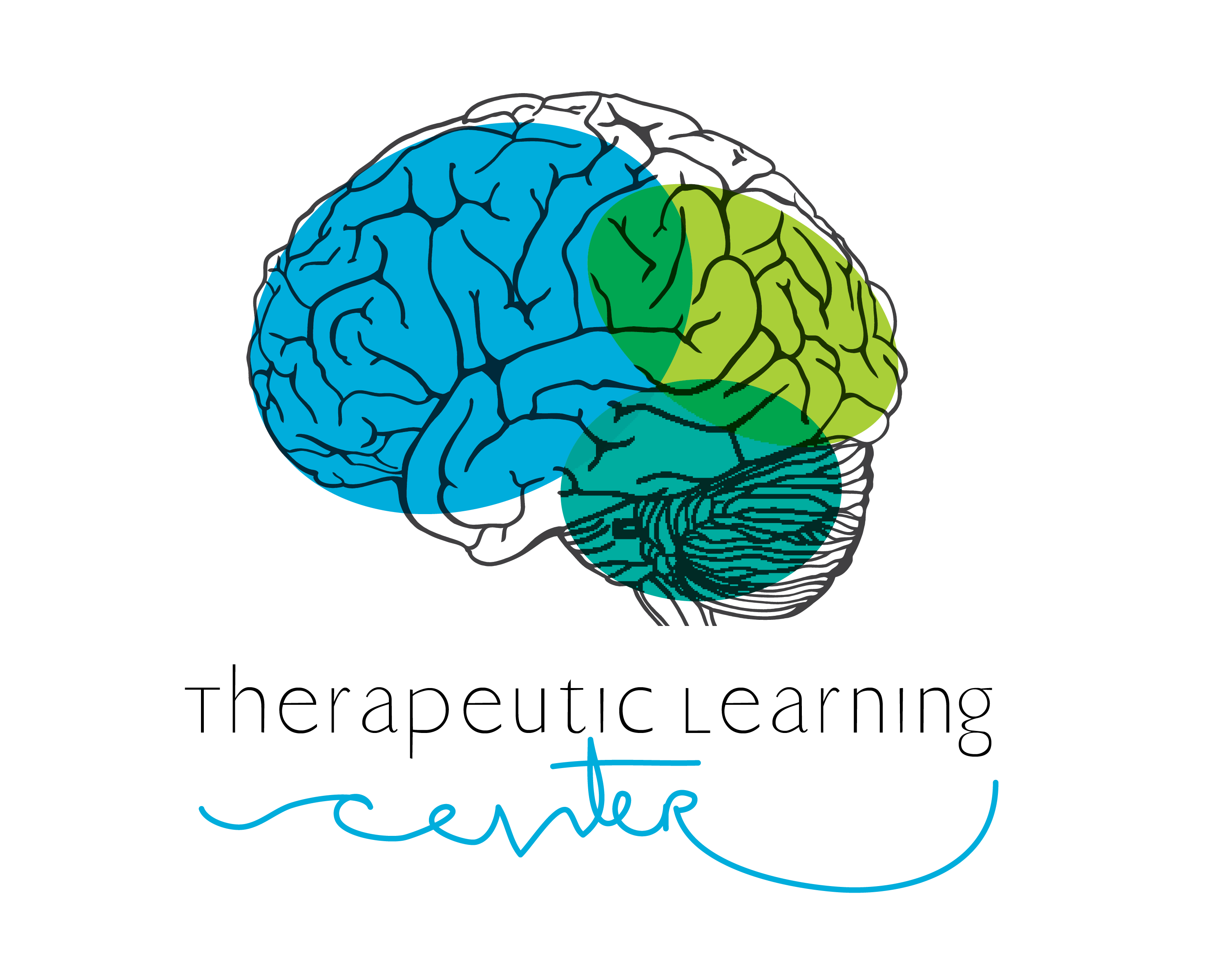Halloween masks can be great fun, but is your child wearing a “mask” all year long?


Secretly Dyslexic
Mike was funny and gregarious. He showed his smarts in class discussions, but come time to sit down and work, he would play “class clown” and entertain his neighbors instead.
Unfinished schoolwork was sent home, and added to Mike’s pile of homework. To get through the load, his mom sat with him and sped up the process, inadvertently becoming his ‘reader’. Homework was turned in correct and led Mike’s teacher to think the problem was a lack of motivation and attention.
Mike was actually quite seriously dyslexic.
Raquel’s doctor thought ADHD was the reason that as a third grader, she was still reading at first grade level. Unfortunately, medication couldn’t solve the reading problem, because Raquel was dyslexic. She couldn’t pay attention when the class was reading, spelling, or writing. She not only had difficulty processing the sound in words (phonics made no sense to her), but when she looked at a page, she felt disoriented and “seasick”, as the words seemed to swim around on the page.
Alex was a senior in high school in Advanced Placement classes. He masked his struggles with English by doing math homework for girls, in exchange for their writing his papers. He was later diagnosed with mild dyslexia.
Misunderstood
Dyslexic students are often misunderstood. At school, they may be perceived as bright, verbal students who don’t always put in their best effort on assignments. Some are so animated and charming, that only their parents know how much they are struggling, and how much effort and time it takes for them to read and write.
Sometimes a student’s reading problem can be hard to identify because other skills are so strong. For Jordan, letters and words may be hard to look at, and sounds might not make sense, but he uses his powers of deduction from pictures, his own knowledge, and what he’s memorized from group readings or lectures to figure out what the page might say, and answer the questions.
This is a taxing process, and oftentimes his mind will drift away. (After all, what he can create in his mind is far more entertaining than a jumble of words and letters that don’t really make sense.) Hence, Jordan, like so many others, is wrongly pegged as ADD.
Common Characteristics of Dyslexia
It is hard to pay attention when confused or when information doesn’t make sense, as is so often the case for dyslexic students. However, attention challenges experienced by dyslexic learners, which are so evident in relation to schoolwork and homework, are not generally pervasive, as in the case with true ADD/ADHD.
While every dyslexic student is different, common characteristics include:
- Good intelligence
- Good comprehension
- Strong ability to visualize pictures/real things (versus letters and words)
- Creative thinker
- Weak ability to retain an accurate image of words (sight words for reading and spelling)
- Weak phonemic awareness (ability to think about the sounds in words)
- Extremely poor decoding skills (sounding out words)
- Visual disorientation when looking at a page (i.e. letters look 3D, wiggle, pulsate, or move around on the page)
- Family history of dyslexia
- Strong talents in other areas such as math, arts, mechanical, or athletic abilities
Don’t be Fooled – Like everyone else, these kids are survivors. At a conscious, or sub-conscious level, we do what we have to do to cope with the cards we’re dealt. And smart kids, coping with dyslexia and other learning challenges, can fool the important people in their lives. Here’s what these students might say…
I can fool you into thinking:
- I don’t qualify for special services/help at school
- I’m lazy
- I just need to try harder
- I’m not really that smart
- School’s not my thing
- I don’t care
- I’m a bad kid
- I have ADHD
- I’m just a class clown
- I’m just shy
The truth is:
- I’m working harder than all my friends to do the same work, but it takes me twice as long, and it’s only half as good.
- I’m already trying so hard, I think I’ll burst if one more person tells me to try harder
- I’m smarter than a lot of the kids in my class, but for some reason, some parts of school aren’t working for me
- School’s NOT my thing – but not for the reason you think. I’d like it if I could be successful and my efforts paid off.
- I do care! I hate struggling, but if I act like I don’t care, maybe people will notice my attitude more than my F’s.
- I’d rather be known as the bad kid than the dumb one.
- I can pay attention to things I understand, but when I just don’t get it, my mind drifts away.
- If I can make people laugh, they forget how “lame” I am with schoolwork.
- If I’m super quiet and ‘shy’, maybe no one will know that I’m missing half of what your saying and feeling really lost.
There’s No Need to Hide…or Seek. TLC offers a Solution!
It is commonly believed that Dyslexia cannot be corrected – that you just have to cope with it. This is simply not true. While there is no overnight solution, most learning and attention challenges can be dramatically improved or completely corrected.
At our center, we identify and develop the weak underlying learning / processing skills that provide the critical foundation for learning but are not generally taught. ADD meds will not solve dyslexic challenges, but retraining the auditory and visual systems to accurately process sounds and letters on a page WILL get the brain ready to learn, retain, and comfortably use reading & spelling skills.
To learn more, call 858) 481-2200 to schedule a FREE consultation with Executive Director Maria Bagby.



